Carrier Aggregation (CA) combines multiple frequency blocks (Component Carriers) into a single larger channel, boosting speed, capacity, and coverage. It’s been around since 4G, but in 5G it’s evolved into […]
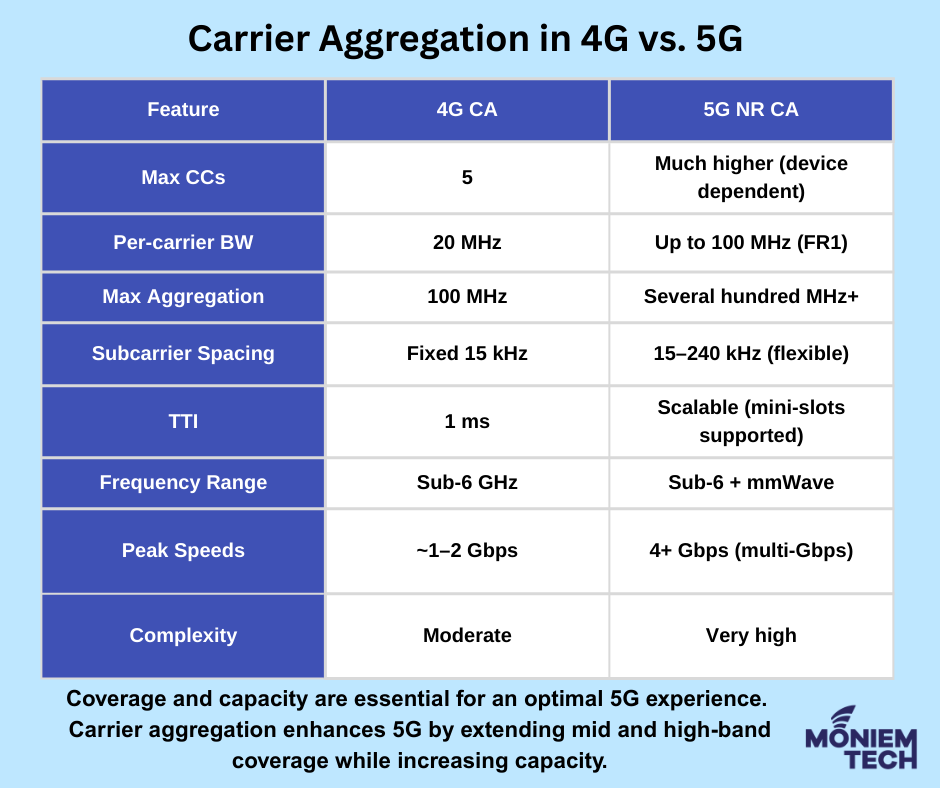
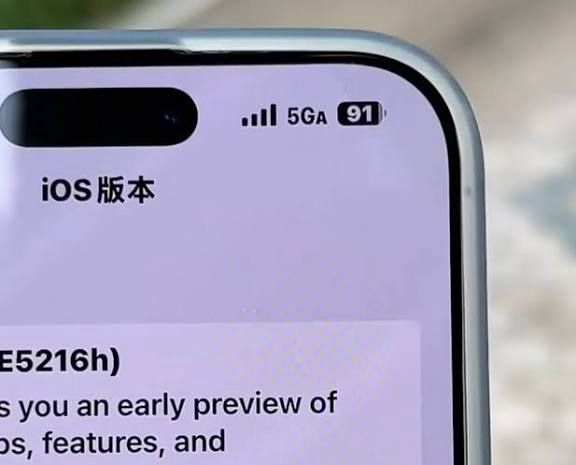
Have you ever seen “5G-A” or “5.5G” on your phone? Do you care about the icon… or only the experience you actually feel? That little 5GA logo (like the one […]
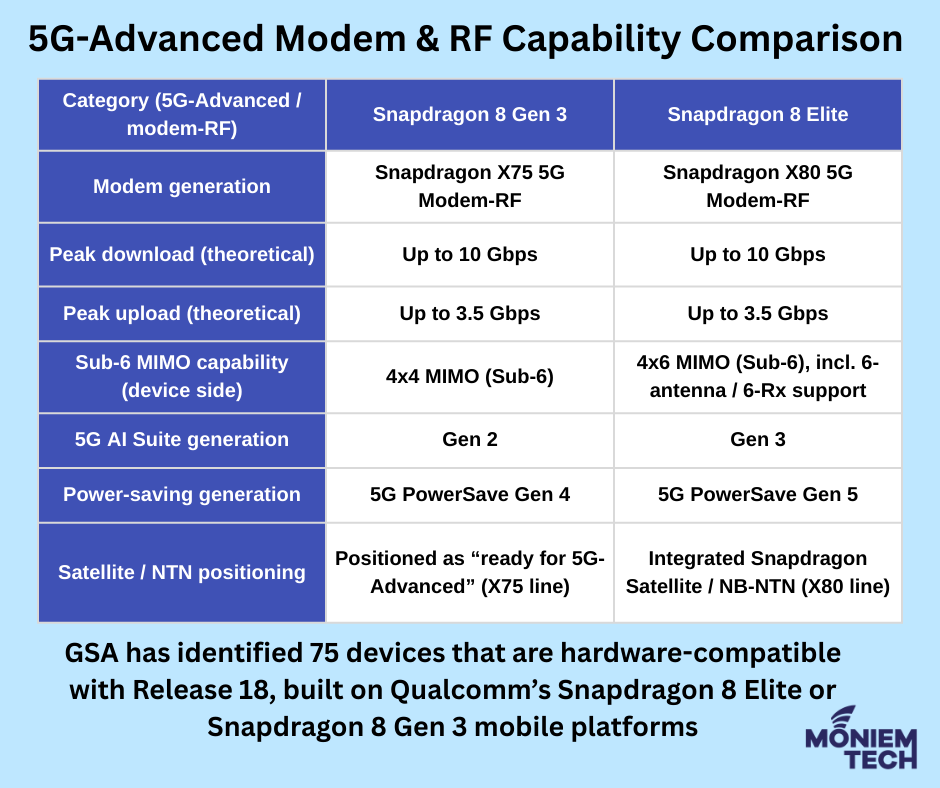
5G-Advanced, standardized in 3GPP Release 18, is now shifting from “spec on paper” to real-world commercial rollouts. While operator deployments and feature roadmaps are accelerating, the device ecosystem remains in […]
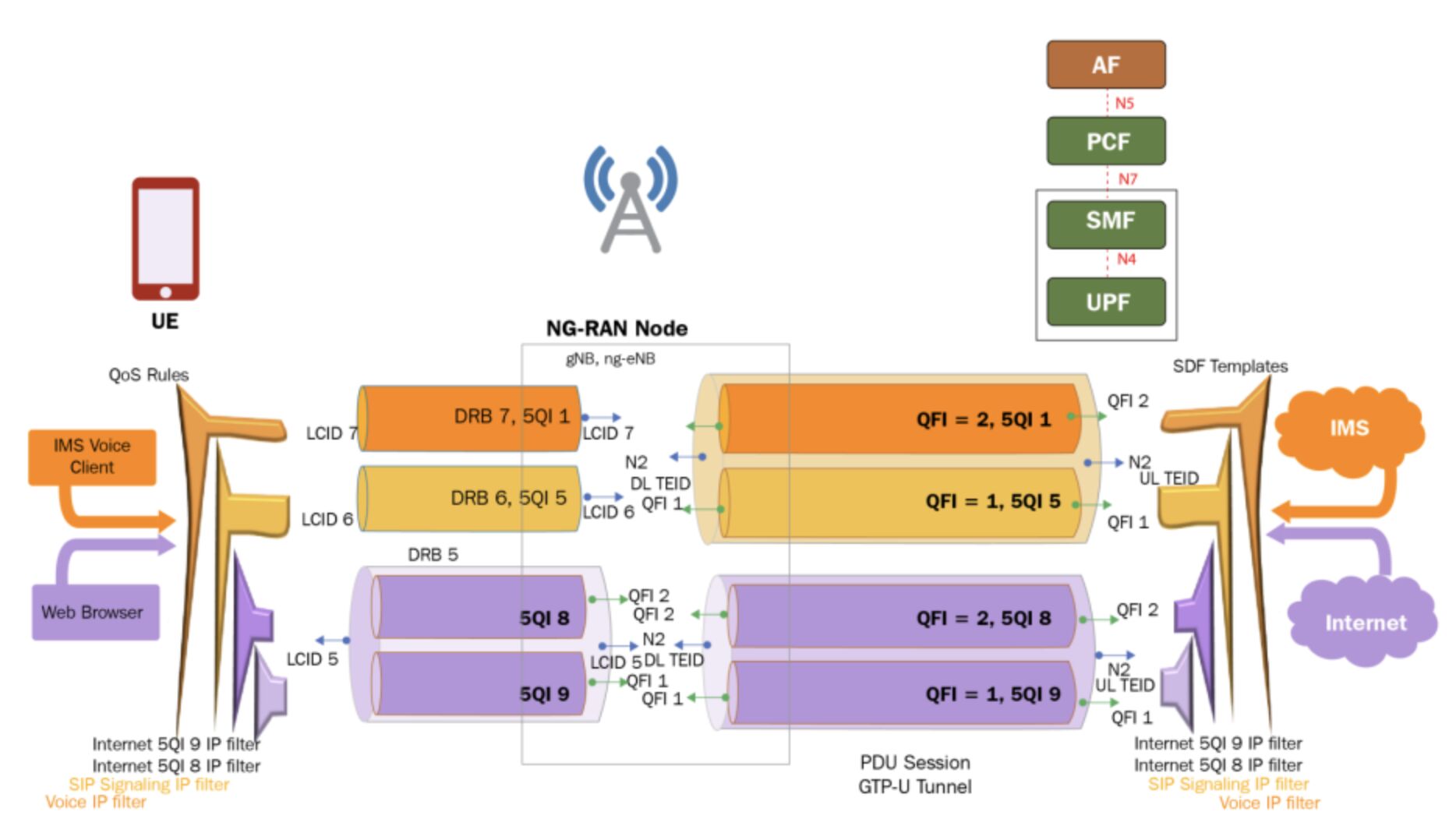
Most people see 5G as higher throughput. However, Engineers see something deeper: the SDAP layer (Service Data Adaptation Protocol) — a new 5G protocol that fundamentally changes how QoS is […]

GSMA has identified a critical need for an average of 2 to 3 GHz of mid-band spectrum per country by 2030, noting the consequences of a shortage of mid-band bandwidth, […]
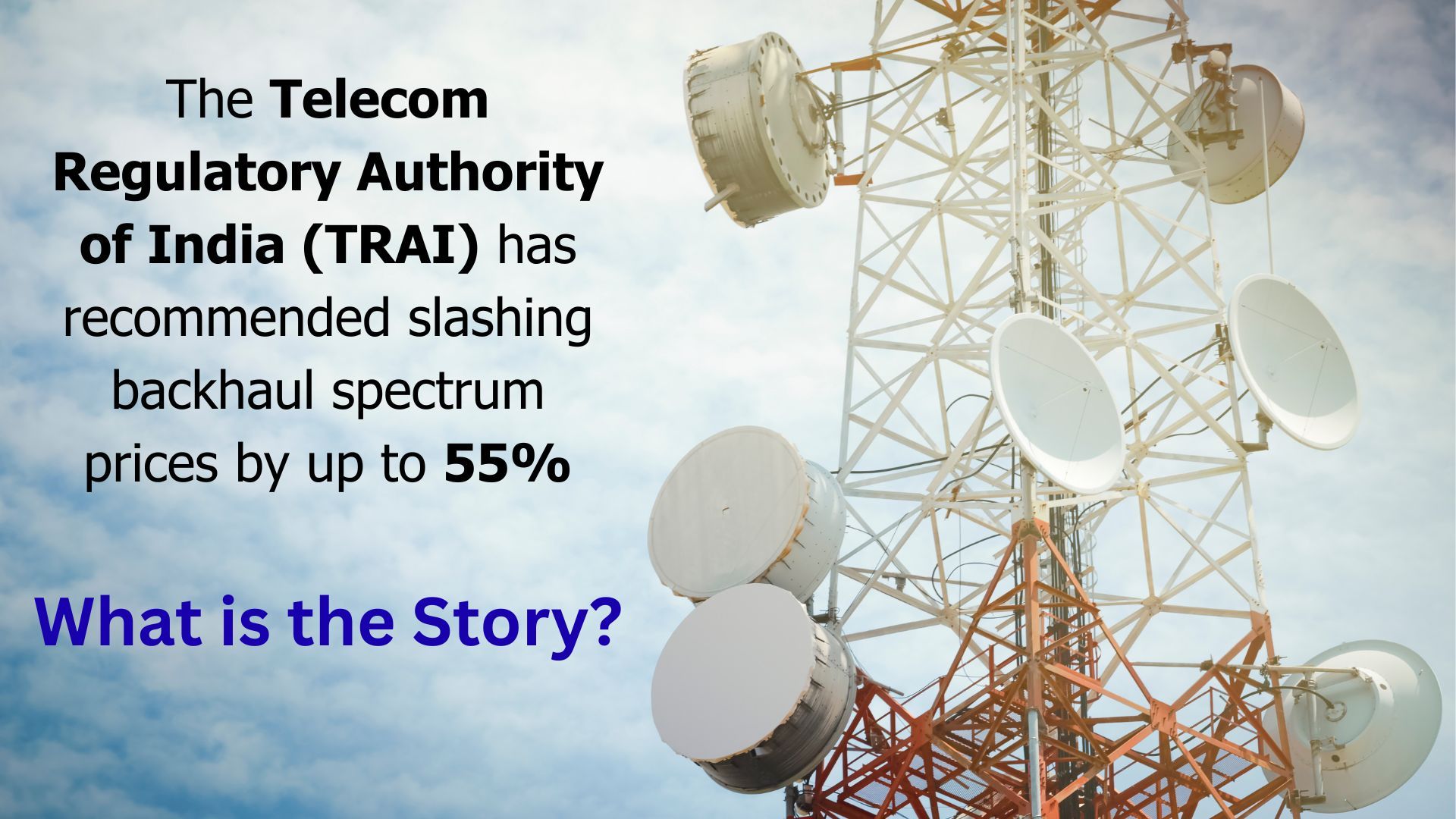
When we talk about mobile network performance—coverage, speed, latency—we often focus on spectrum, RAN, or core evolution. Yet, Backhaul remains one of the most critical (and sometimes underestimated) components of […]

Many people ask: “5G NSA or even 5G SA already gives great speed, latency and quality – so why do operators now push 5G-Advanced (3GPP Rel-18) to consumers, not just […]
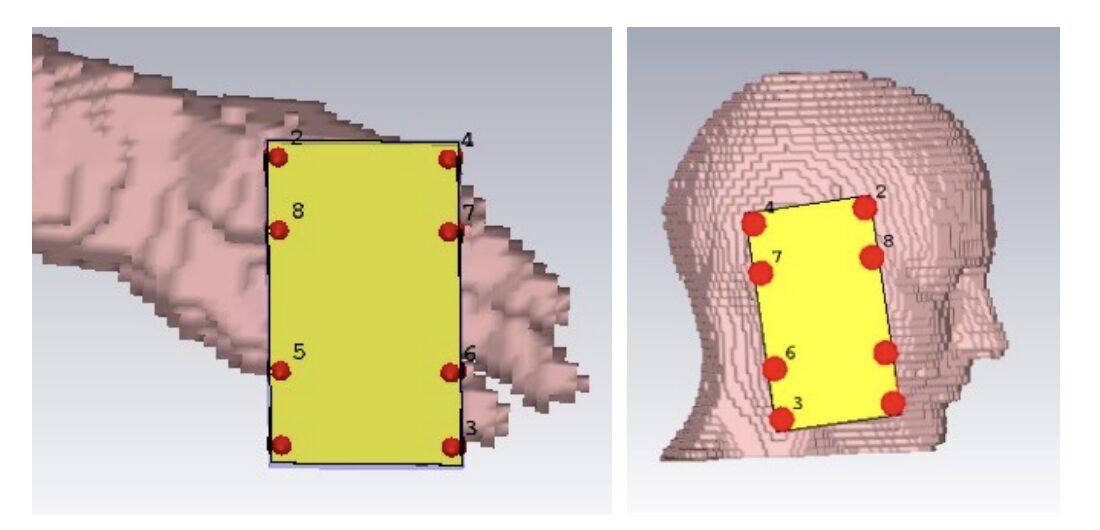
Short answer: No — and here’s why. Imagine buying a new 5G phone only to discover it uses one RF chain. What would that mean for your experience? Would the […]

Fiber is the king of capacity — but Microwave is the knight of speed, flexibility, and reach. The choice between fiber and microwave is not about which is “better,” but […]
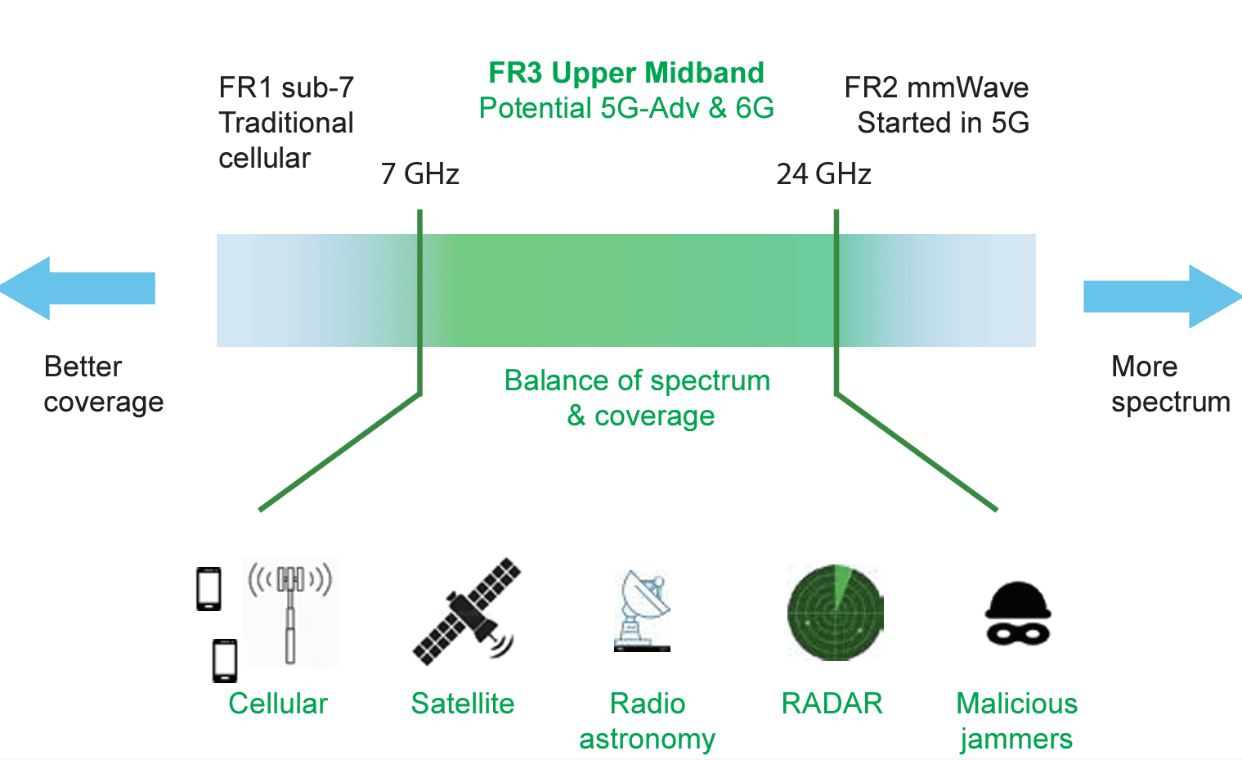
Recently, I have read an interesting white paper from Anritsu, which covered trends in wireless frequency band allocation for 5G-A and 6G. The most recent WRC was held in Dubai, […]

If you’re living in the UAE, you’ve probably noticed the new billboards across the streets promoting the latest evolution of 5G technology. Etisalat is calling it 5.5G (5G-Advanced) while DU […]
